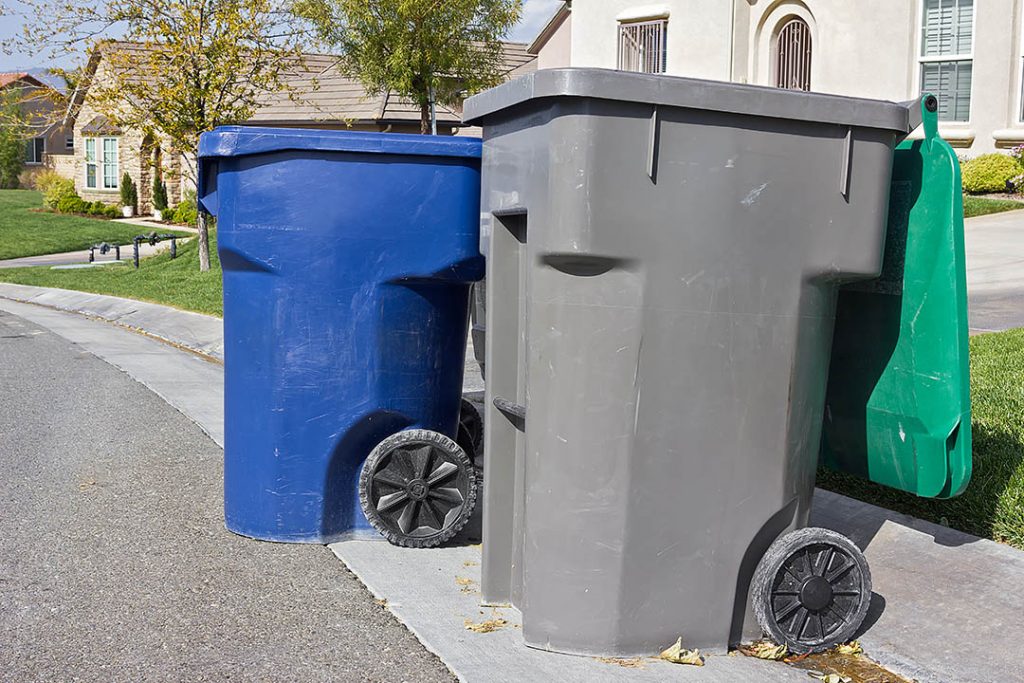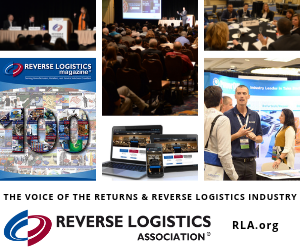
Low prices for key commodities have, in some cases, led to the removal of plastics from curbside recycling programs. | Johnny Habell/Shutterstock
North America’s largest companies collecting, sorting and selling curbside plastics continue to feel the pain of low commodity prices.
Second-quarter financial reports from publicly traded haulers show continuing declines in recycling revenues, as they navigate market struggles precipitated by China’s import restrictions.
The low prices for key commodities have, in some cases, led to the removal of plastics, particularly Nos. 3-7, from curbside recycling programs. That’s been the case in New Orleans; Sacramento, Calif.; Logan, Utah; Silver City, N.M.; Sullivan County, Tenn.; Lane County, Ore.; La Crosse, Wis.; and elsewhere.
The largest residential recycling and garbage companies in North America (from largest to smallest) are Waste Management, Republic Services, Waste Connections, Advanced Disposal Services and Casella Waste Systems.
During the second quarter, Waste Management’s recycling revenue was down 13%, Waste Connections’ was down 26% and Advanced Disposal’s was down 44% year over year. Republic and Casella overcame lower commodity prices by charging their customers more in fees. They had quarterly revenues up 6% and 10%, respectively.
A major driver of revenue for these companies is recovered fiber, particularly cardboard boxes, simply because cardboard and paper make up such a large percentage of what ends up in curbside recycling receptacles.
Waste Management noted recovered cardboard prices are at a 25-year low. At $50 per ton, the price was down 47% year over year. The price helped pull the average commodity price for the quarter down to $43 per ton, down 33% year over year.
More stories about markets
- Analysis: Import tariffs could support struggling PET
- Aduro loss widens as pilot plant nears commissioning
- Report shows $5B in materials saved from landfills



